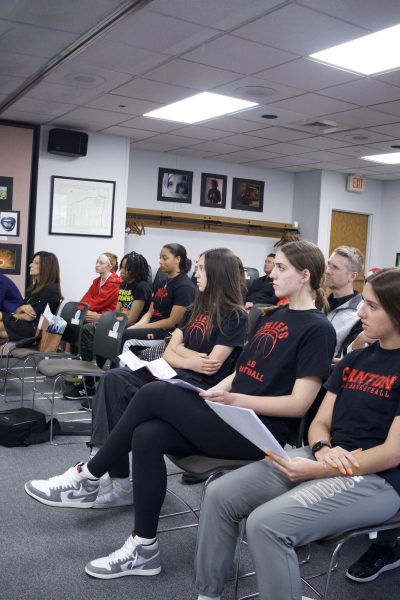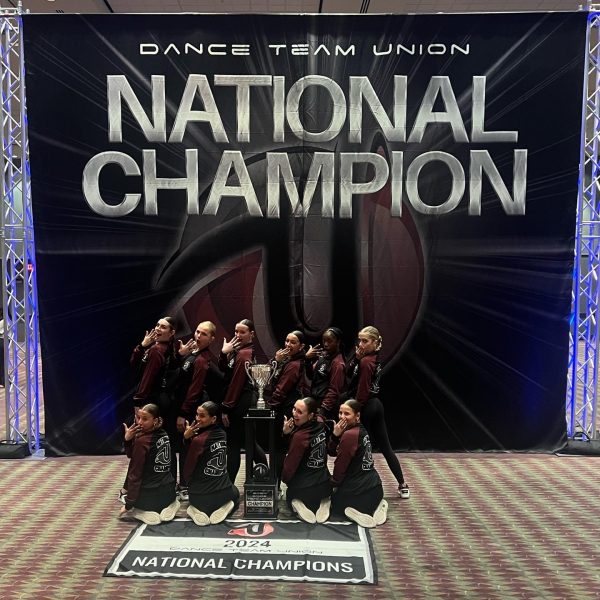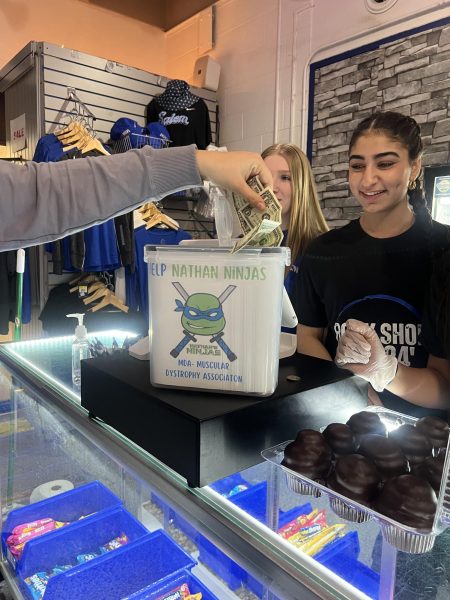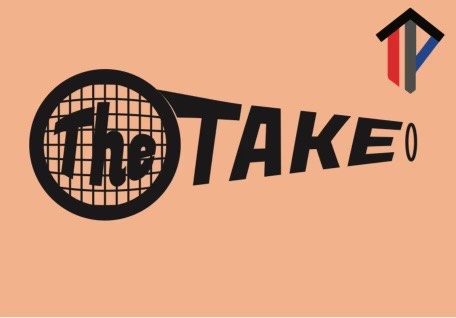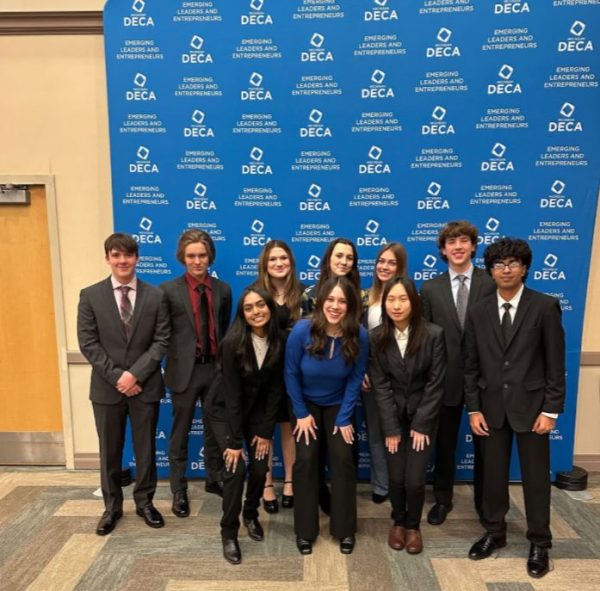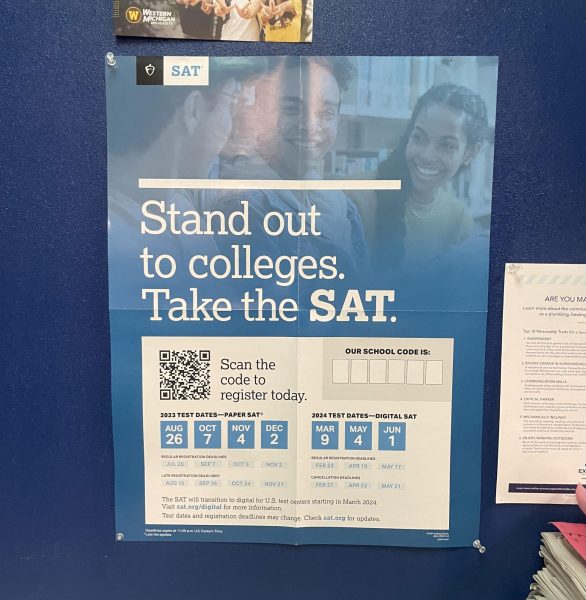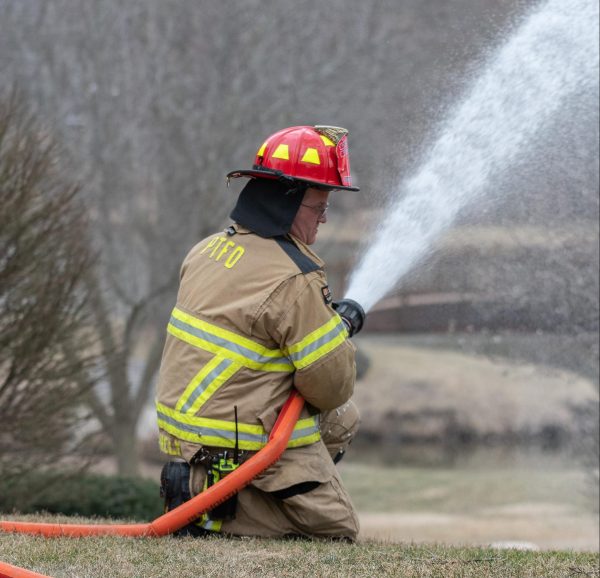God Bless the First Amendment Print Issue: Continued
The Perspective reached out to social studies teachers at the Park for comment on the story in the March edition titled, “God bless the First Amendment.” Here are some of their direct responses via email.
Darin Silvester:
Should?
In my personal opinion I have no concerns.
Constitutional? – No
Cases that would near answering your question. Santa Fe ind school district v die in and around 2000 states 6-3, I believe, that a prayer over the loud speaker at hs football games is a violation of the first amendment establishment clause.
As this is not openly a prayer it may not be this simple. Other cases that looked to address similar items include the Newdow case of 2004(?). Michael Newdow, an atheist, opposed to his daughters recitation of the Pledge of Alleg, bc its inclusion or Under God. He won in the lower courts but his case was denied an opinion by the SC BC they declared he lacked “standing” BC he did not have custody of his daughter and therefore could not sue on her behalf. It looked to me that they took the easy way out in this case. I’d suggest they knew it violated the first amendments est clause but didn’t want to make his unpopular decision. Polls at the time listed more than 90% of Americans as supporters of the Pledge as it is currently recited. Simple research shows that Under God was added during an era where we were fearful of communist and the atheist ways. We, trying to be better than them, addd Under God.
There are numerous other cases that can shed light in this but these two seem most appropriate.
Engle v Vitale would show that prayer, even nondenominational prayer, violates the 1st. This aeems more than nondenominational.
Lemon v Kurtzman
The three prong test states how items may neither “advance nor inhibit religion”. This looks to advance it.
Wallace v Jaffree. Even prescribed moments of silence were declared unconstitutional. This is more than mere silence.
I guess in the end does a kid do it every day? Does a different kid do it every day? If so I’d suggest it should be stopped because that is how I read the constitution and the precedents created by past like cases. Even though I am apart of the 90% who do not really find problem with it.
Larry Price:
I do not think students or school personnel should be allowed to say “God Bless America” on the PA system. The 1st Amendment does not guarantee an unlimited freedom of expression. Saying those words during the state mandated Pledge of Allegiance would violate another part of the 1st Amendment–the freedom from even the suggestion of a state supported religion.
We should cherish the right to believe (or not believe) in whatever deity(ies) or religious belief systems we choose. However, we should not give one group the use a school (government) forum to promote one set of religious beliefs over another. To do so implies that there is an accepted religion and encourages a sense of isolation or second class status on those who think otherwise. I have my personal beliefs on religion and the supernatural; I don’t expect to use the PA to tell others what these are or suggest to captive listeners that this is what they should think.
Religion can be discussed in schools provided the discussion takes place in the proper forum where all get to speak and multiple viewpoints are respectfully represented. This has happened in my classes when it fit with the curriculum. I welcome these kinds of reasoned discussions that explore what are important questions to many people.
Rayna Gill:
I say no, bc of separation of church and state.
Chris Belch:
The First Amendment, and subsequent Supreme Court interpretations, make this issue very clear. The Establishment Clause essentially states that the government cannot require a student to say or stand for the pledge, nor can the movement restrict a student from expressing his or her belief in God.
As educators, I think we need to do a better job informing the student not just of the words to the Pledge, but also to their meaning. All too often, we get caught up in the “ceremony” of the pledge (stand, hand on heart, recite the words) without understanding the powerful nature and meaning of the words listed. The Pledge essentially summarizes the core values of our nation, and that seems to be lost on most. I think it is quite disappointing that more students don’t understand the meaning behind the words, and thus, don’t say the Pledge. That said, I do respect a student’s right to refrain from saying any part, or all, of the Pledge of Allegiance.
Your donation will support the student journalists of Salem High School - MI. Your contribution will allow us to purchase equipment and cover our annual website hosting costs.
I'm a Salem senior that loves to read and write and report. I'm also a huge pop culture nerd and I love watching 80's and 90's movies and TV shows. After...


